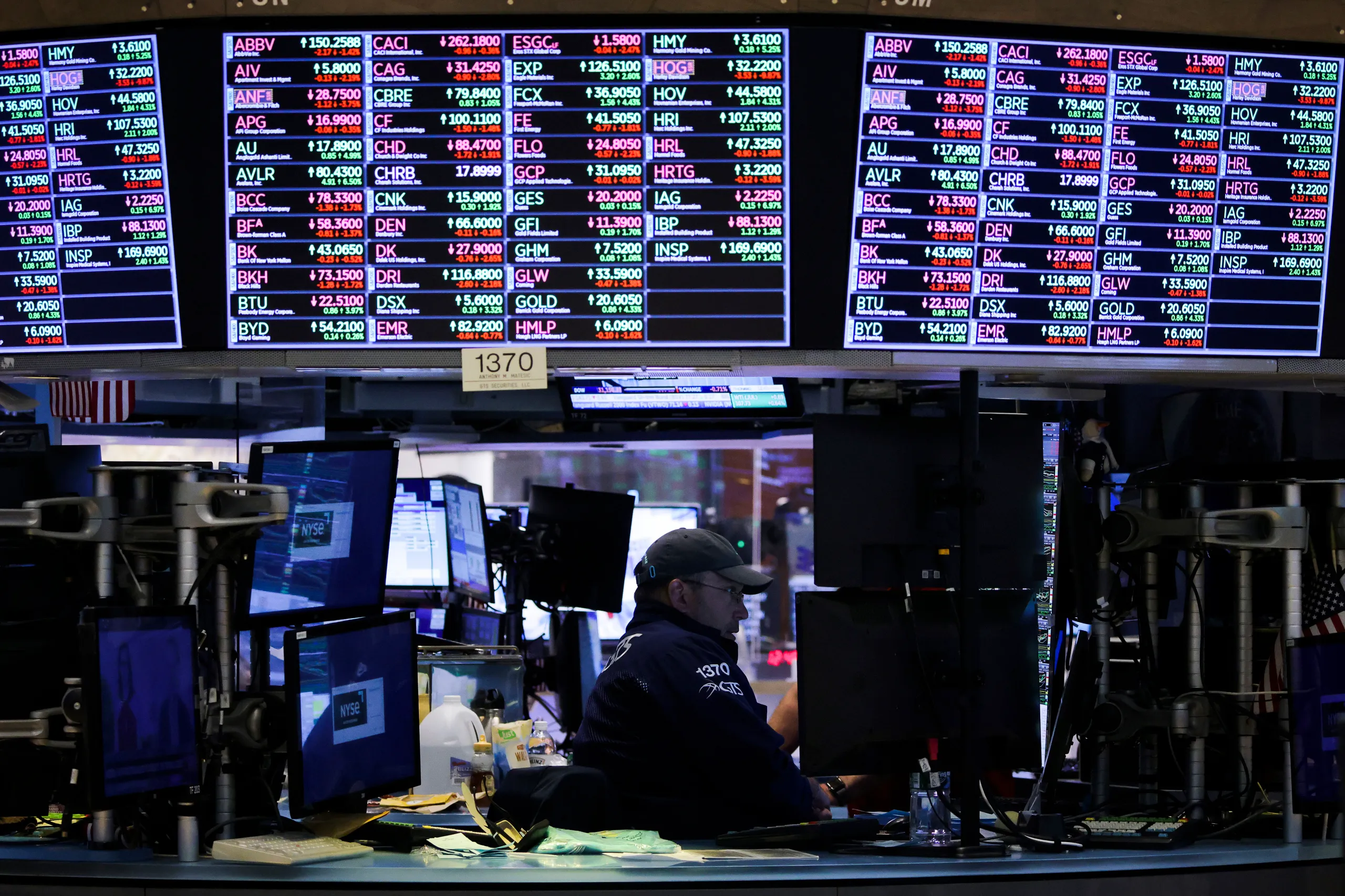As global financial markets continue to evolve, so do the tactics of fraudsters looking to exploit unsuspecting investors. Stock market scams and fraudulent schemes can lead to significant financial losses, making it crucial for investors to stay vigilant. Experts stress the importance of due diligence and immediate action if fraud is suspected.
Recognizing Red Flags in Investment Opportunities
One of the most common warning signs of a scam is an investment that appears “too good to be true.” Unusually high returns with little or no risk, aggressive sales tactics, and pressure to act quickly are all potential indicators of fraud. Investors should also be wary of unregistered investment advisors or platforms that lack transparency.
Tony Hallside, Senior Executive Officer at STP Partners, emphasizes that investors should scrutinize every opportunity before committing funds.
“Due diligence is paramount. Begin by thoroughly researching the company’s financials, including audited earnings reports and SEC filings. Verify the legitimacy of the advisors, brokers, or platforms promoting the investment through regulatory databases. Assess the business model—if it seems overly complex or too good to be true, proceed cautiously,” he advises.
Other critical factors include analyzing a company’s market reputation, investigating its management team, and monitoring insider trading activities. Scammers often attempt to lure investors with “exclusive” deals or high-pressure sales tactics. Hallside warns, “Avoid high-pressure tactics or ‘exclusive’ offers; genuine investments don’t require rushed decisions.”
- Verify financial reports and filings by reviewing audited earnings reports and SEC filings.
- Confirm the legitimacy of advisors, brokers, and platforms by checking regulatory databases.
- Assess the business model—if it seems overly complex or too good to be true, proceed with caution.
- Check market reputation and management history for any red flags.
- Avoid high-pressure sales tactics and “exclusive” offers—legitimate investments allow time for due diligence.
Steps to Take if You Suspect Fraud
If an investor suspects they have fallen victim to a stock market scam, swift action is essential. Hallside outlines the immediate steps to take:
- Cease all transactions and communication with the suspected fraudulent source.
- Report the incident to local financial regulatory authorities, such as the Dubai Financial Services Authority (DFSA) in the UAE, providing detailed documentation of all interactions.
- Notify your bank or broker to potentially recover funds or freeze accounts linked to fraudulent activity.
- Engage a legal professional experienced in securities fraud to explore litigation or arbitration options.
- Educate yourself on fraud prevention measures to safeguard against future scams.
- Collaborate with investor forums to share experiences and raise awareness about emerging scams.
Protecting Your Investments
While scams and frauds continue to evolve, knowledge remains the best defense. Investors should prioritize transparency, thoroughly vet financial opportunities, and consult reputable sources before committing to any investment. Regulatory bodies offer valuable resources for verification, helping investors distinguish legitimate opportunities from fraudulent schemes.
By staying informed and exercising caution, investors can better protect their assets and contribute to a safer financial market for all.






